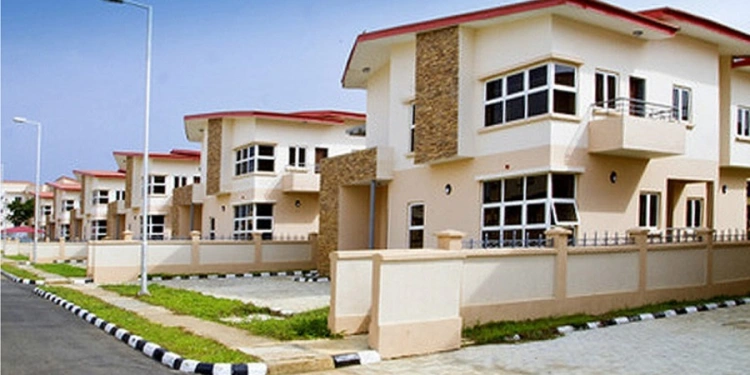Over the last eight months, Nigeria’s inflation rate has increased from 15.63% to 19.64%. These numbers may seem far removed from the average consumer in Nigeria until a review of costs of goods and commodities over the same period is done.
But the impact of rising costs is not only felt in the food and commodities market. As a real estate and hospitality executive, with ongoing mid-market developments in strategic locations in the country, I can confirm the volatile price instability in the construction industry as well.
From cement to iron rods and roofing sheets, to granite, interior fittings and wood – prices have quadrupled in some instances. How does a real estate company in the middle market segment stay afloat amidst tough competition, market illiquidity, and customers’ inability to pay more for properties?
Here are three tips that real estate professionals can adopt to stay afloat until there is more stability in the economy:
1. Remain consistent – While things are admittedly tough across all sectors of the economy and there is an increase in the number of working-class professionals exiting the country, Nigeria still retains a sizeable addressable middle-income market. Presence and consistency in the real estate space this period will determine those who will excel when the market booms again. Where people may not have readily available funds at the moment, they are taking note of developers with integrity that they can engage once there is a turnaround in the economy.
2. Don’t overspend – many developers are becoming desperate in a bid to complete lingering projects that have been caught up in the maelstrom of price inconsistency. Completing a project with excessive debts that sales proceeds cannot clear is not a sound business decision. Review development contracts with your clients. Discuss with funding partners to renegotiate terms. Profitability is still key if business is to remain afloat.
3. Never Undercut – there will be that incredible temptation to cut corners, to use substandard products and to bypass regulatory approvals. Don’t do it. Health and safety measures are even more important during this period as clients should not be subjected to paying for properties that end up becoming their graves. Integrity is crucial, and it is one of the key values a successful real estate developer requires to stand the test of time in the industry. There should be no short cuts when building. Review costs as required, be transparent with clients and discuss financing models that work for all parties.
I am optimistic that Nigeria will come out of this troubling economic crisis. With experts forecasting an inflation rate of 14.9%, and ongoing efforts to resolve the Russian-Ukraine war, there is definitely hope for a better for the real estate industry, its operators and clients across board.
About the author:
Moyo Ogunseinde is an international real estate developer, chartered architect, hospitality expert and a leader in the business of sports with over 20 years’ experience in designing and developing multi-million dollar architectural and real estate projects including Radisson Blu Anchorage Hotel and parts of the 2012 Olympics Master Plan project. She is the Chief Operating Officer & Executive Director of the Board of URAGA Real Estate, managing the operations of commercial and residential real estate portfolio in key locations within Nigeria.































